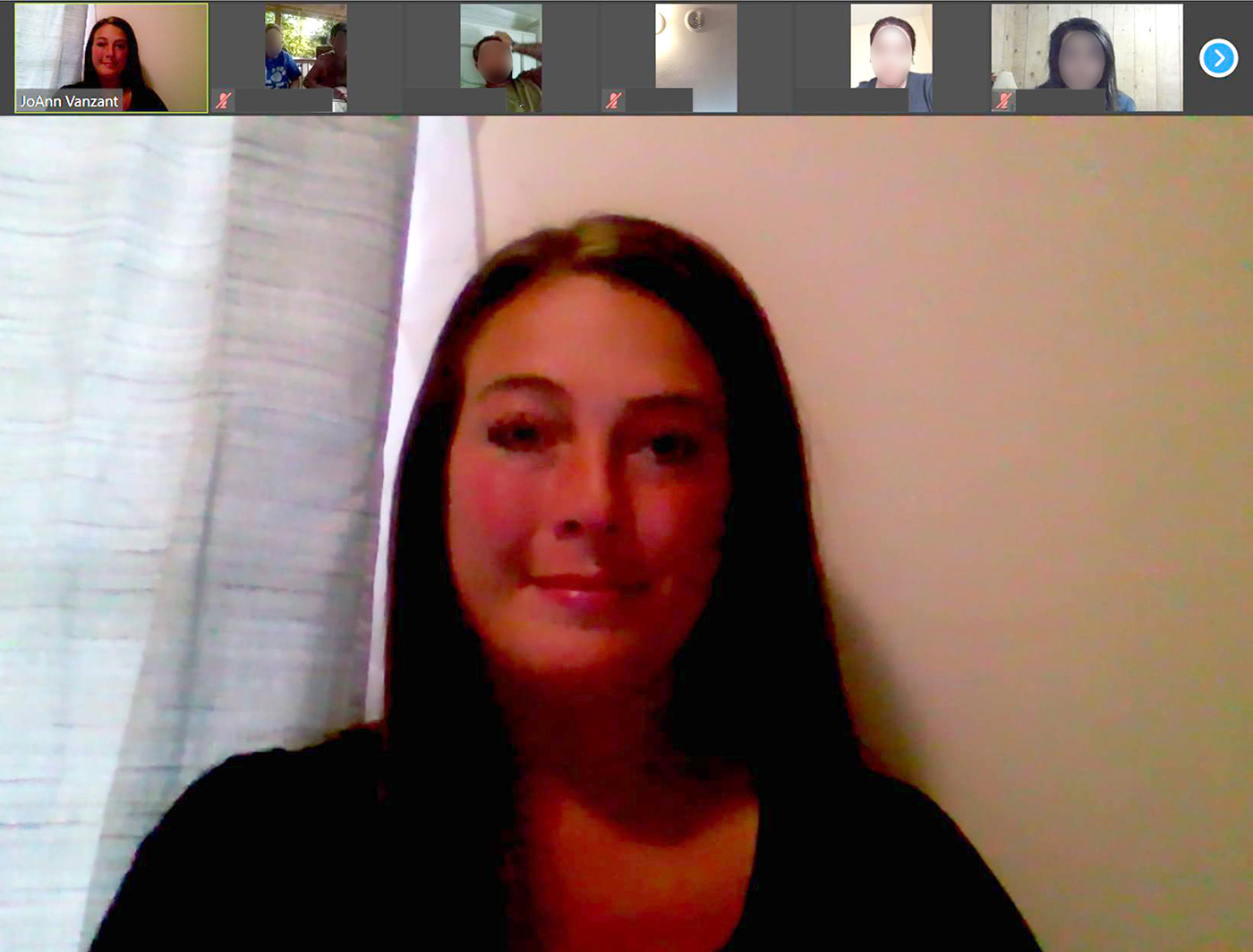Opioid-related health-care services have never been more important. One survey found that substance use is up 20 percent during the COVID-19 pandemic, which also threatens recovery because in-person after-care programs have been suspended.
Operation UNITE’s Kentucky River Rural Health Opioid Program (RHOP), which already had been working to start more recovery programs in the community, has stepped up its efforts to fill the gap.
JoAnn Vanzant is program director for the UNITE RHOP, which does outreach in Knott, Lee, Leslie, Letcher, Owsley, Perry, and Wolfe counties.
Vanzant is still getting folks into treatment and, with the community outreach part of her grant, is facilitating Celebrate Recovery sessions via Zoom three times a week. The sessions draw about 50 people and are growing weekly as people become more familiar with the technology.
“Other organizations are doing this on a national level, but rural communities want local,” Vanzant said. “I’m not aware of anyone else doing virtual recovery programs locally.”
Steve Bowman has been in recovery about a year after struggling to quit for 30 years.
“I’ve tried to surround myself with the right people,” said Bowman, who lives in Lee County. “A neighborhood church has Celebrate Recovery, which has helped fill the void. It gives you a sense of fellowship because we’re all going through this together. I get something out of it each time.”
Bowman also has completed leadership classes so he can start to teach the program at Canyon Falls E.C. Church in Beattyville once in-person classes are allowed to resume.
Vanzant also has reached out to drug courts in the RHOP service region, as well as clients she placed in treatment that have returned to their communities.
Rebekah Hogan, program supervisor for the drug court serving Lee, Estill and Owsley counties, said after-care is so important to recovery, and the virtual program is working well.
“(After-care) is not only part of the requirements of drug court, but also helps them therapeutically to work through issues they are dealing with and listen to how other people handle it,” Hogan said. “Some people actually like Zoom better. The hours fit it with their work schedule, and they don’t have to worry about transportation.”
An invitation is needed to join a Zoom group meeting.
Anyone interested in Celebrate Recovery, or other after-care programs, please contact Vanzant at jvanzant@centertech.com.
More Information
- Anyone interested in Celebrate Recovery, or other after-care programs, contact JoAnn Vanzant at jvanzant@centertech.com.

“Other organizations are doing this on a national level, but rural communities want local. I’m not aware of anyone else doing virtual recovery programs locally.”
